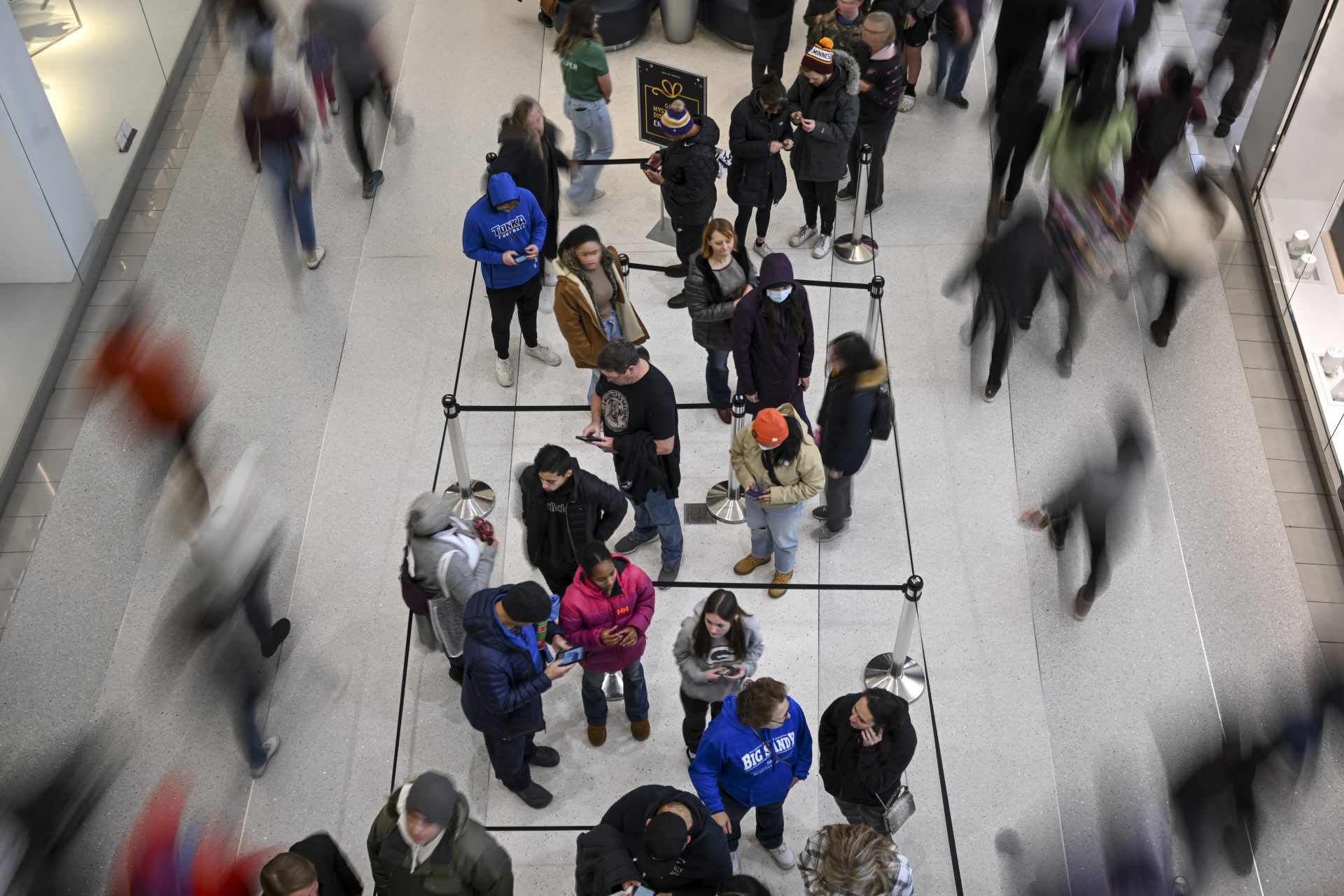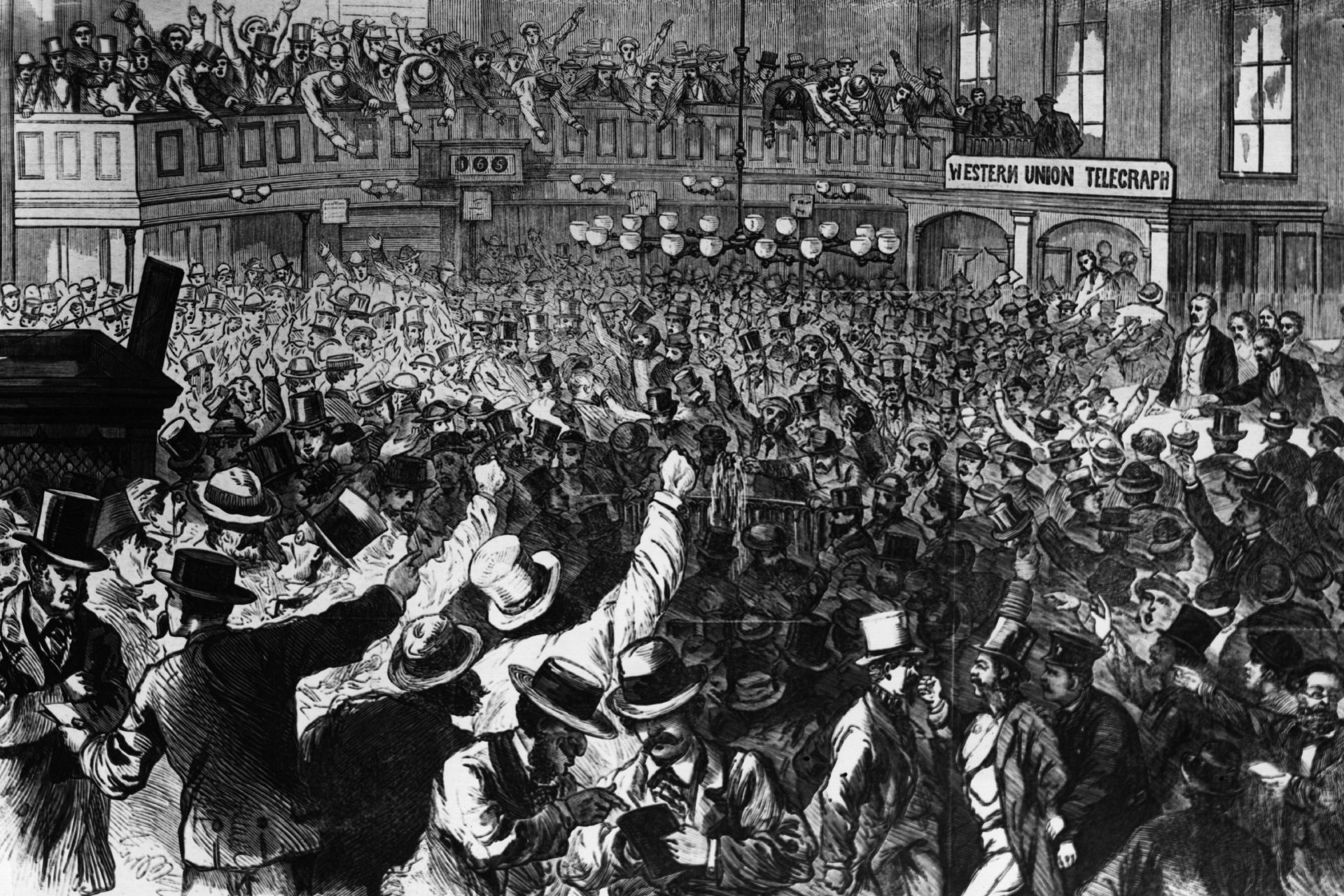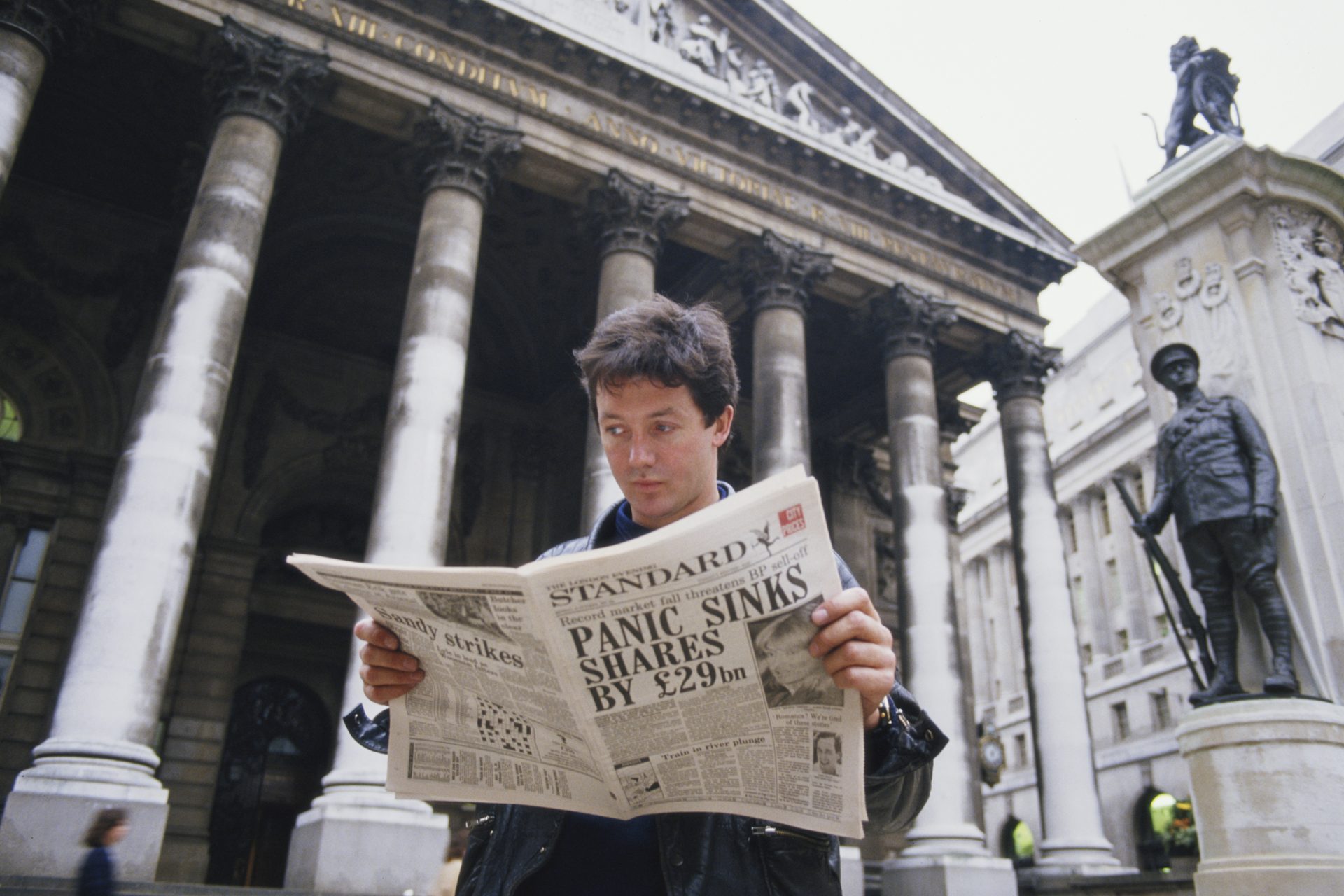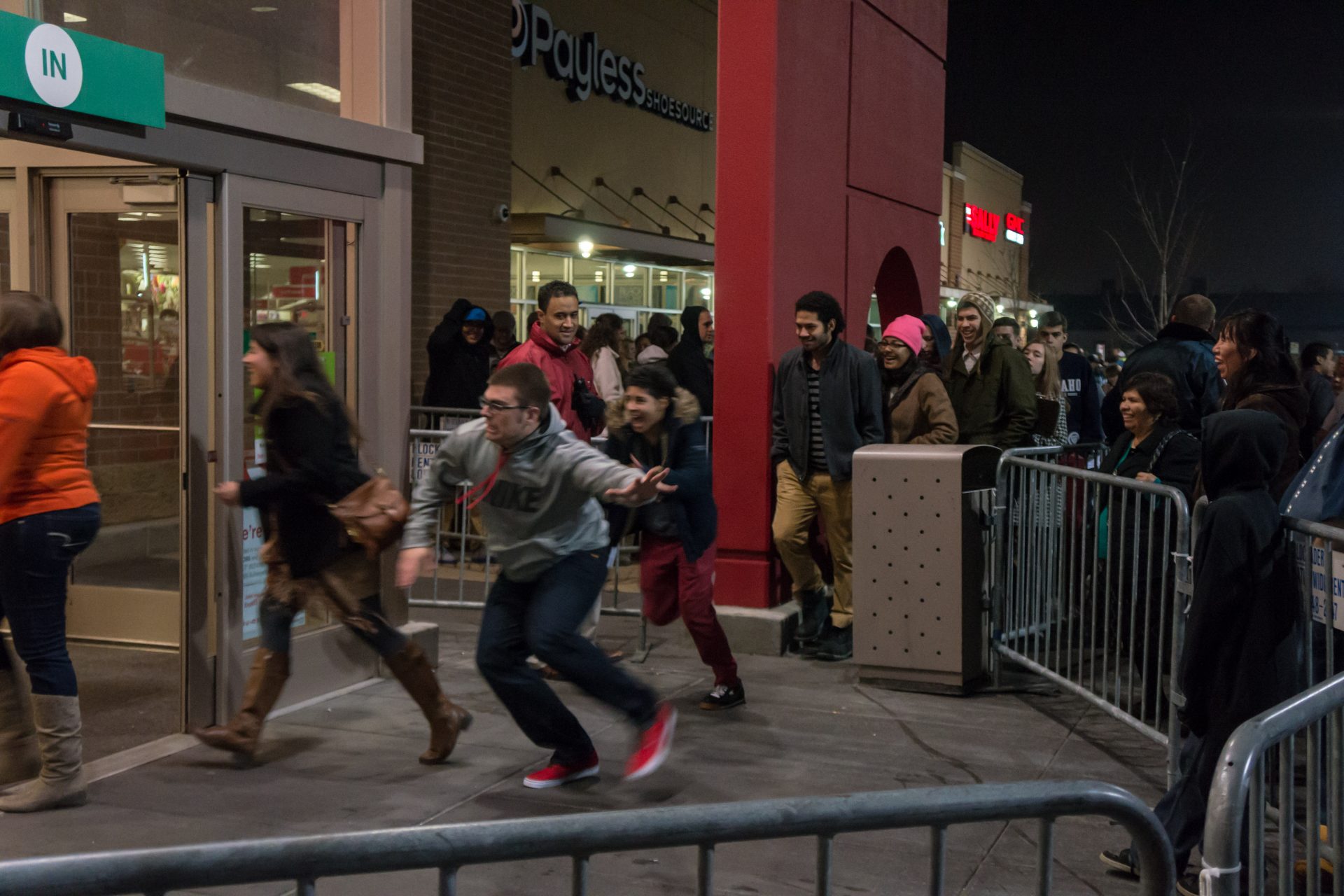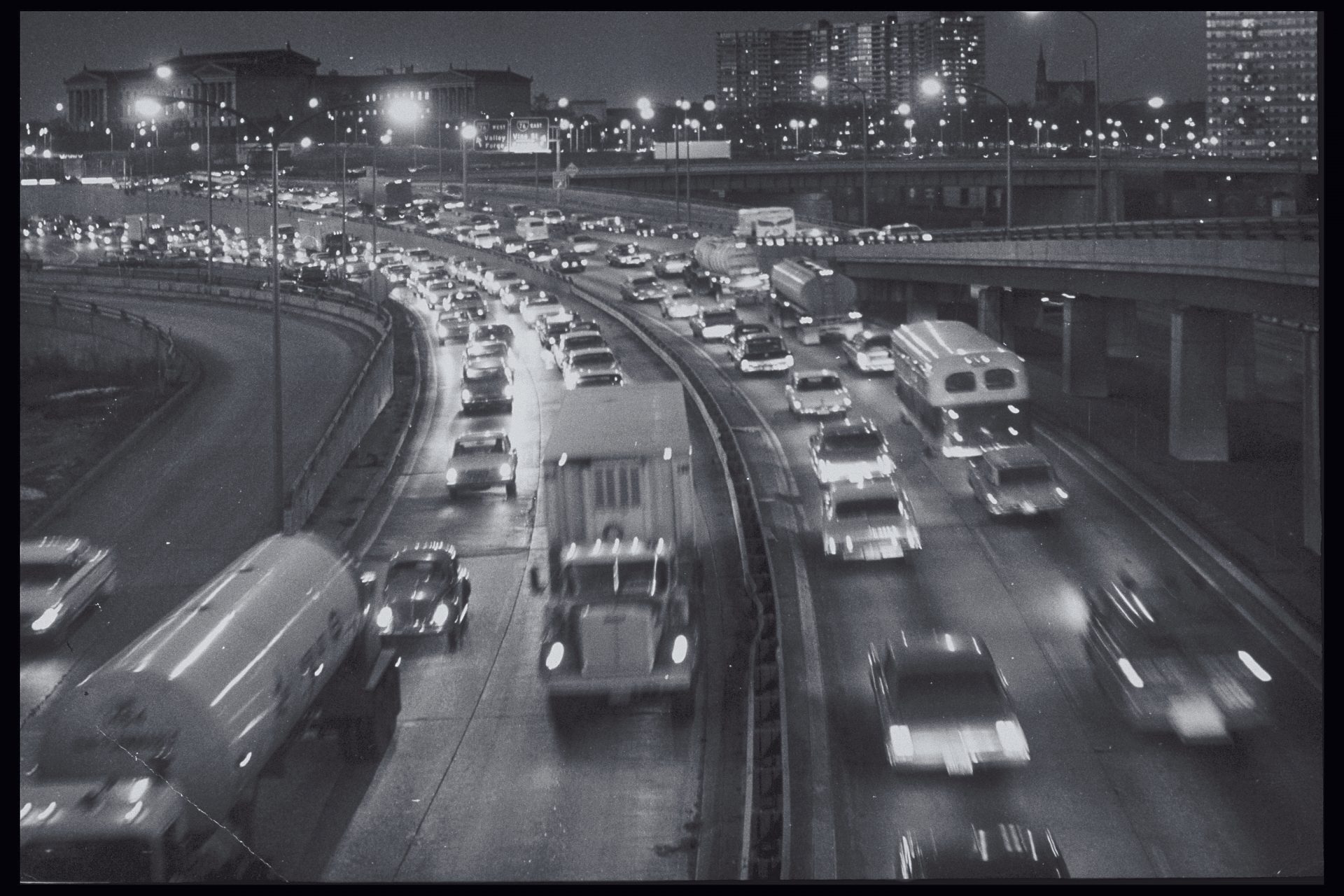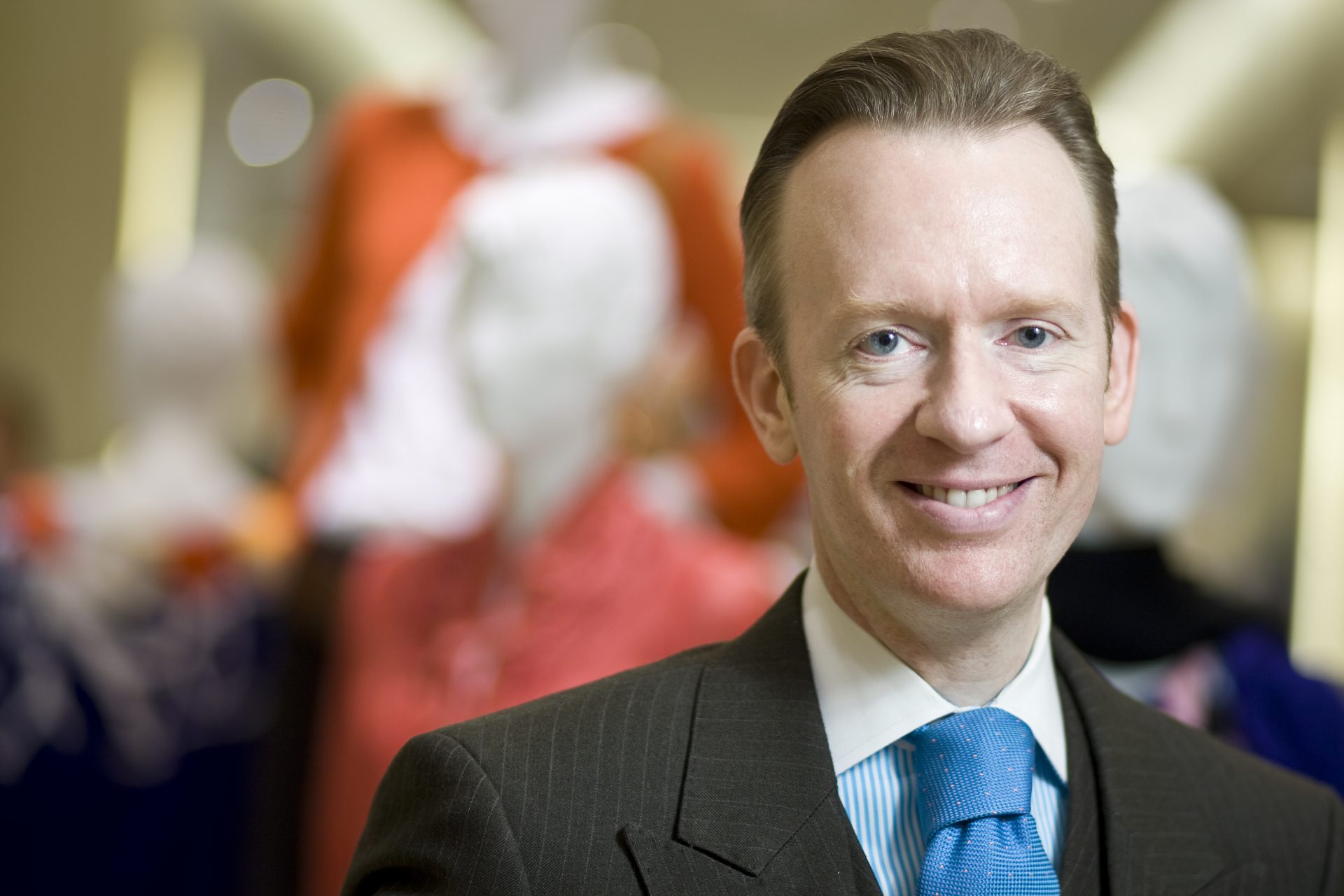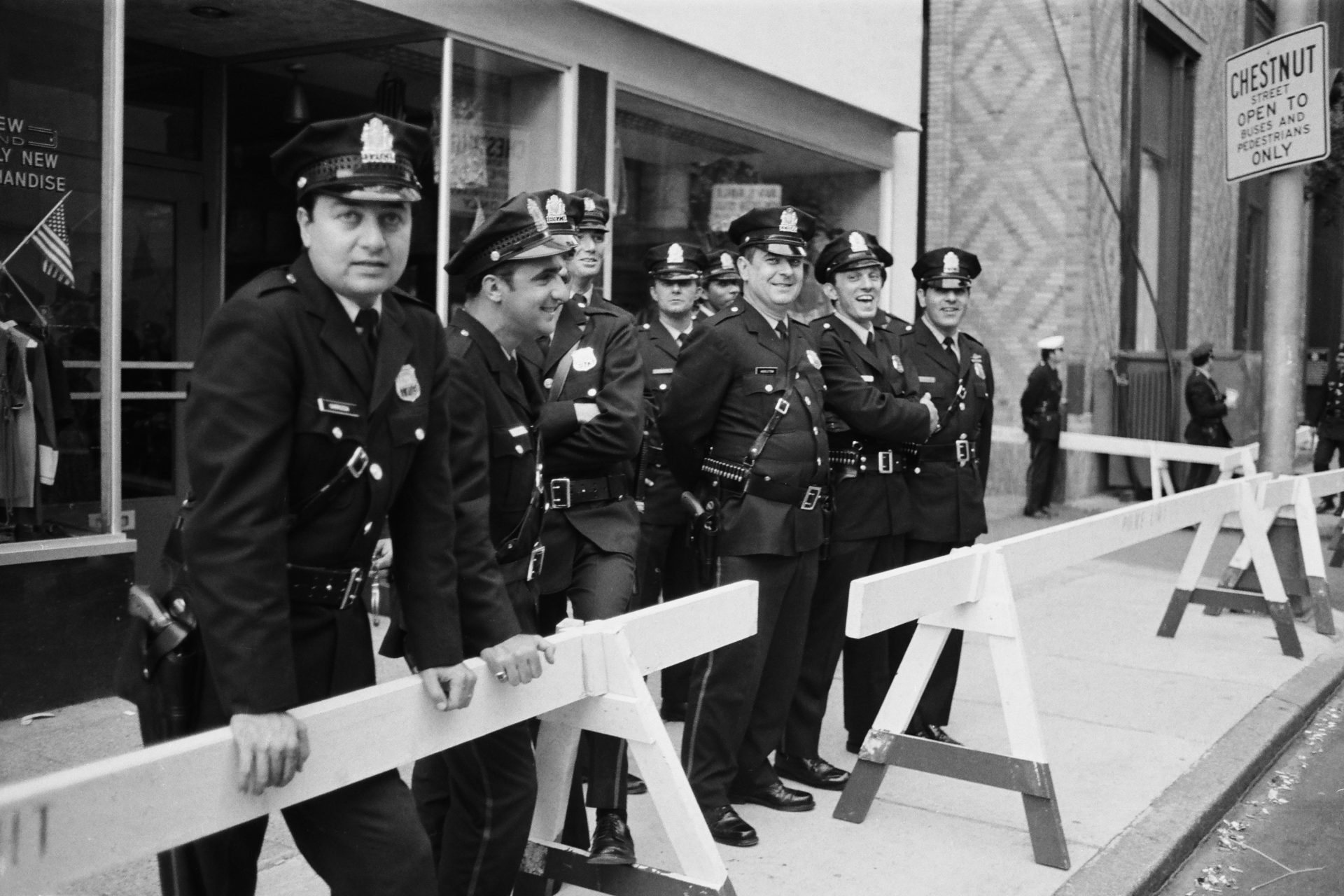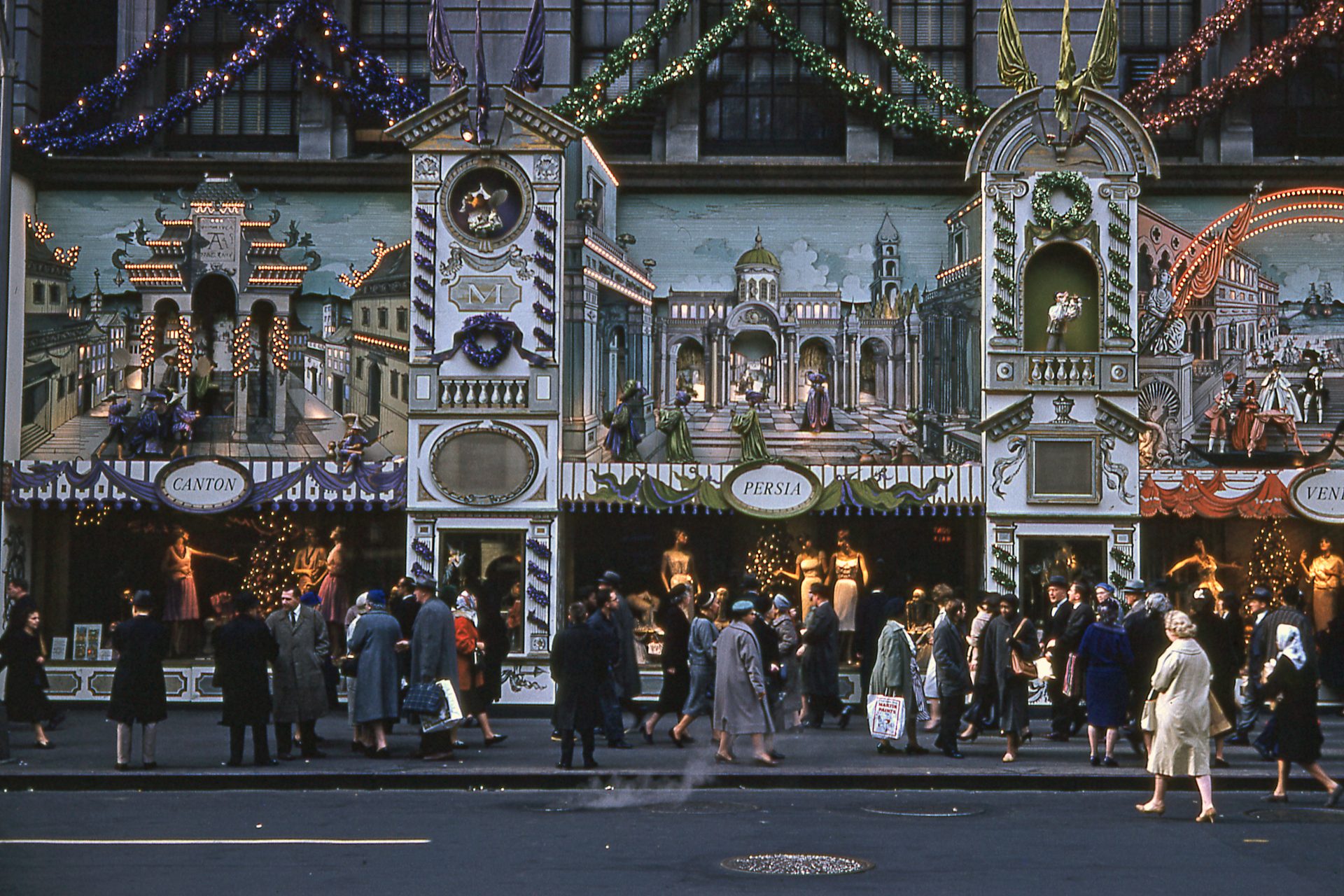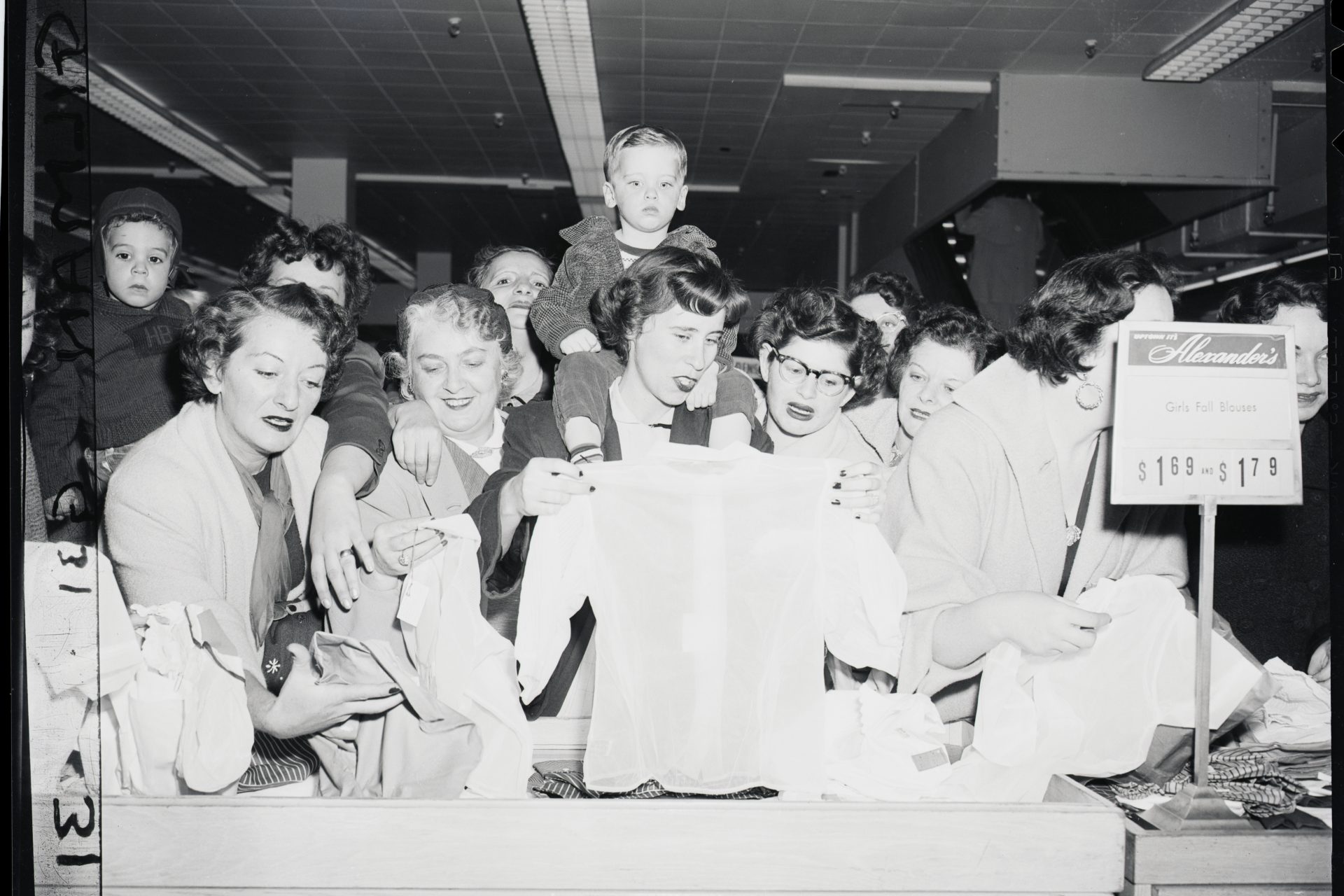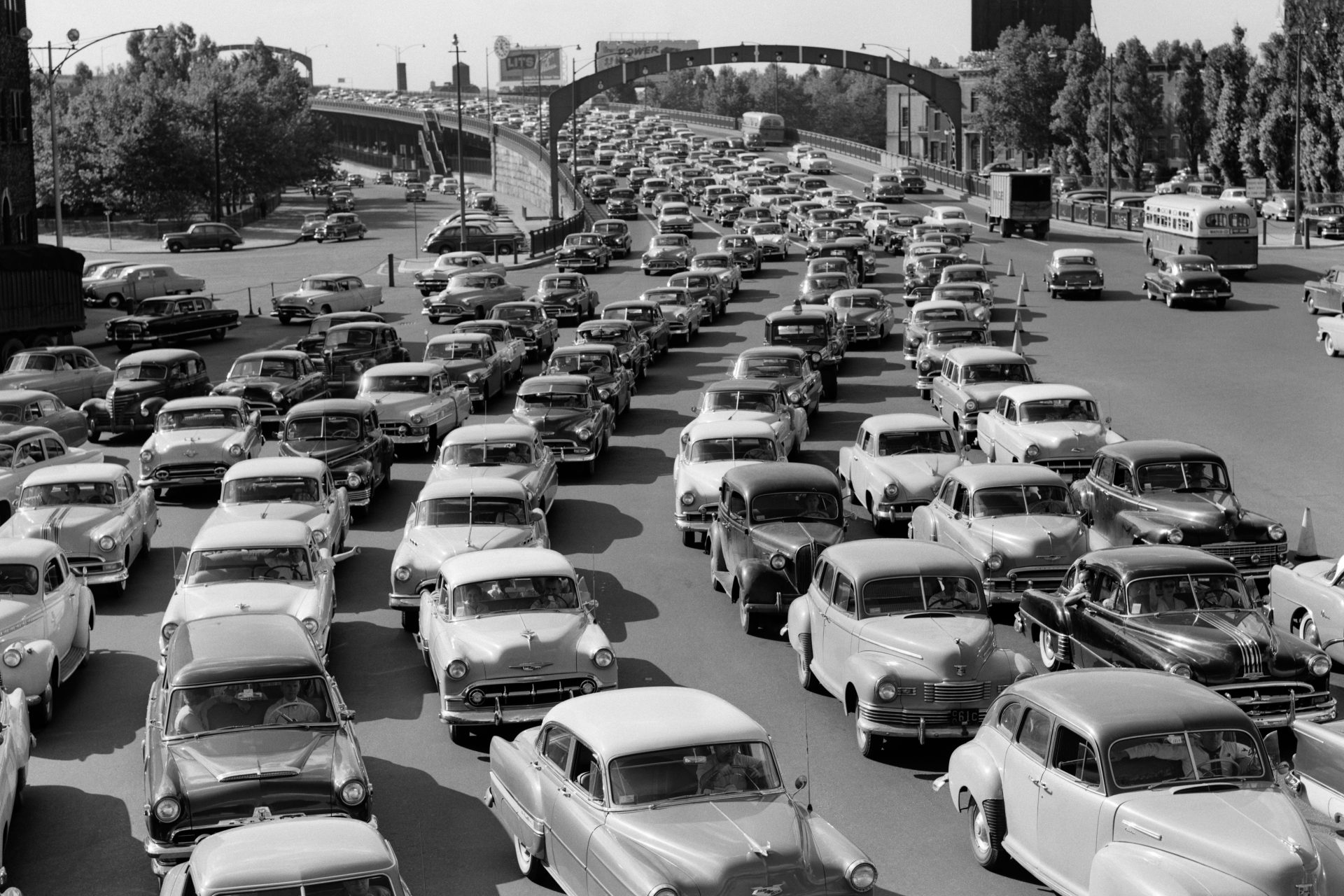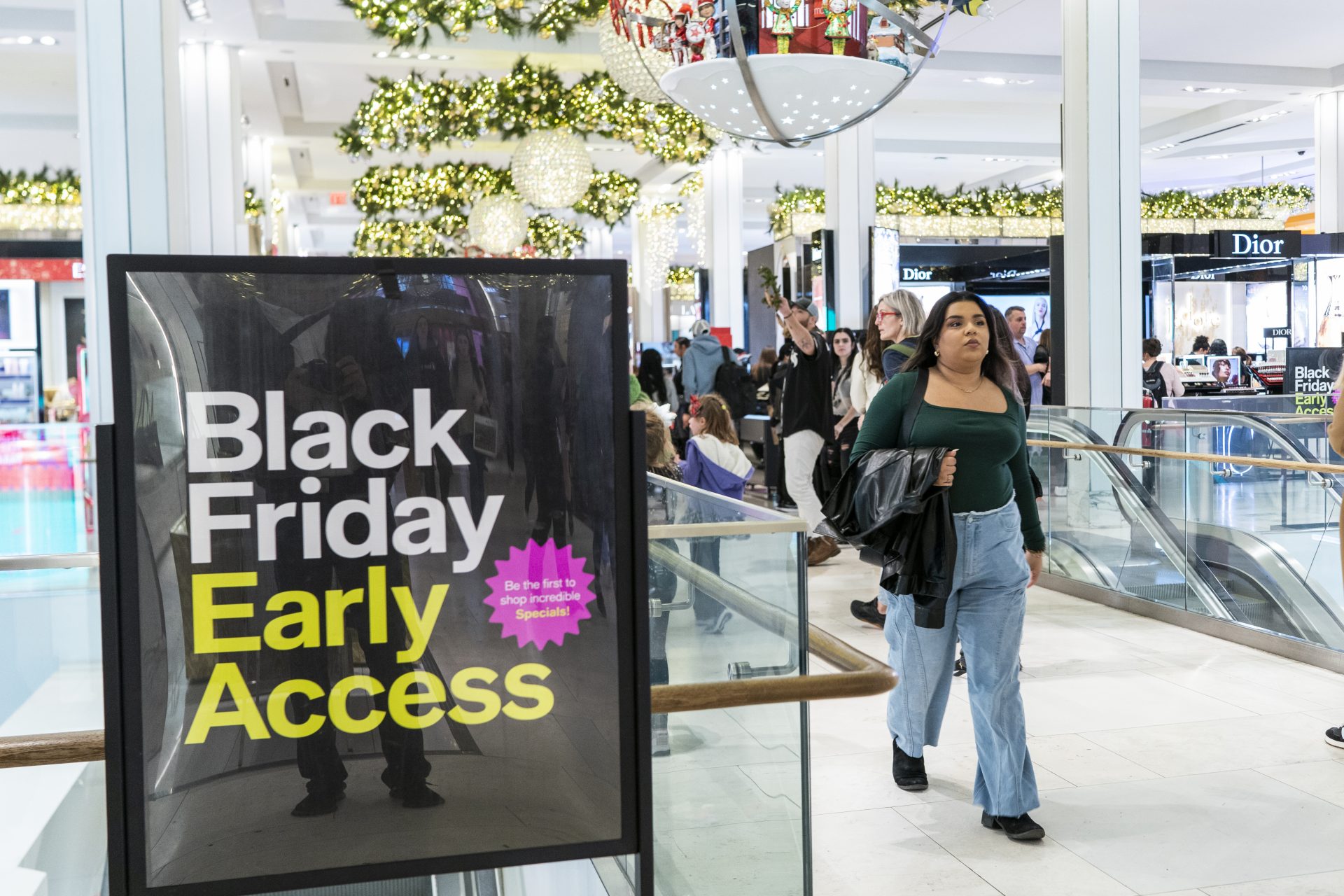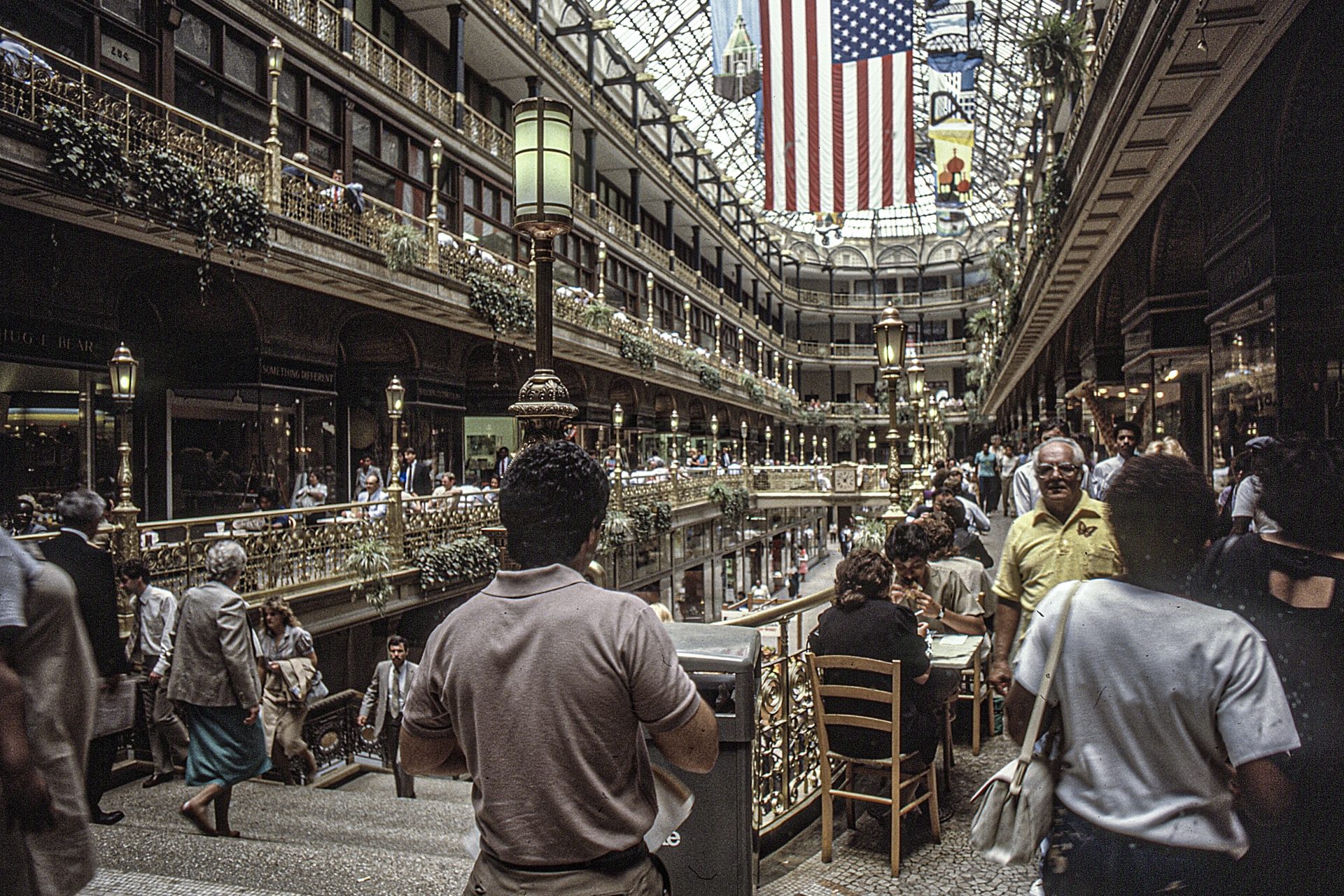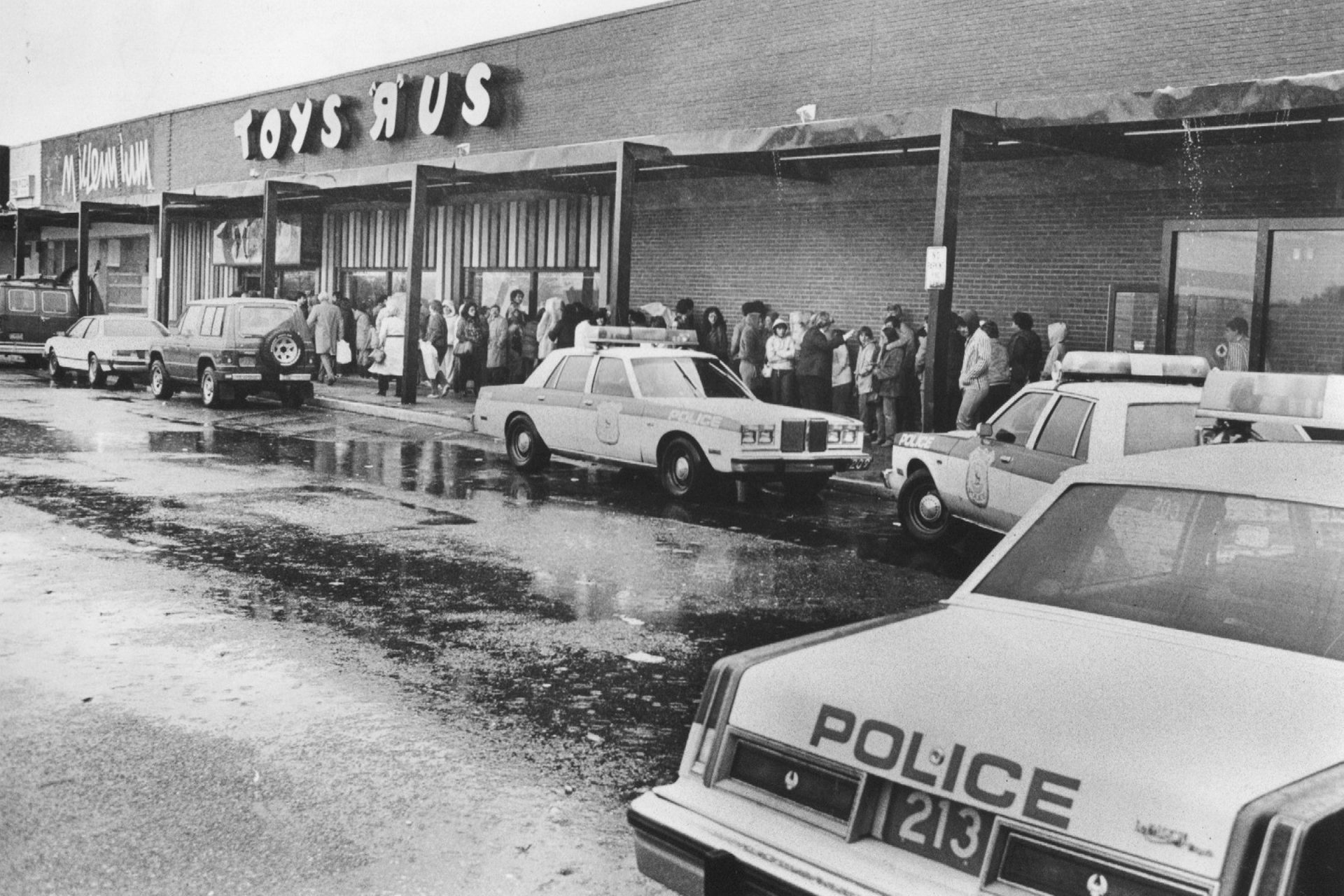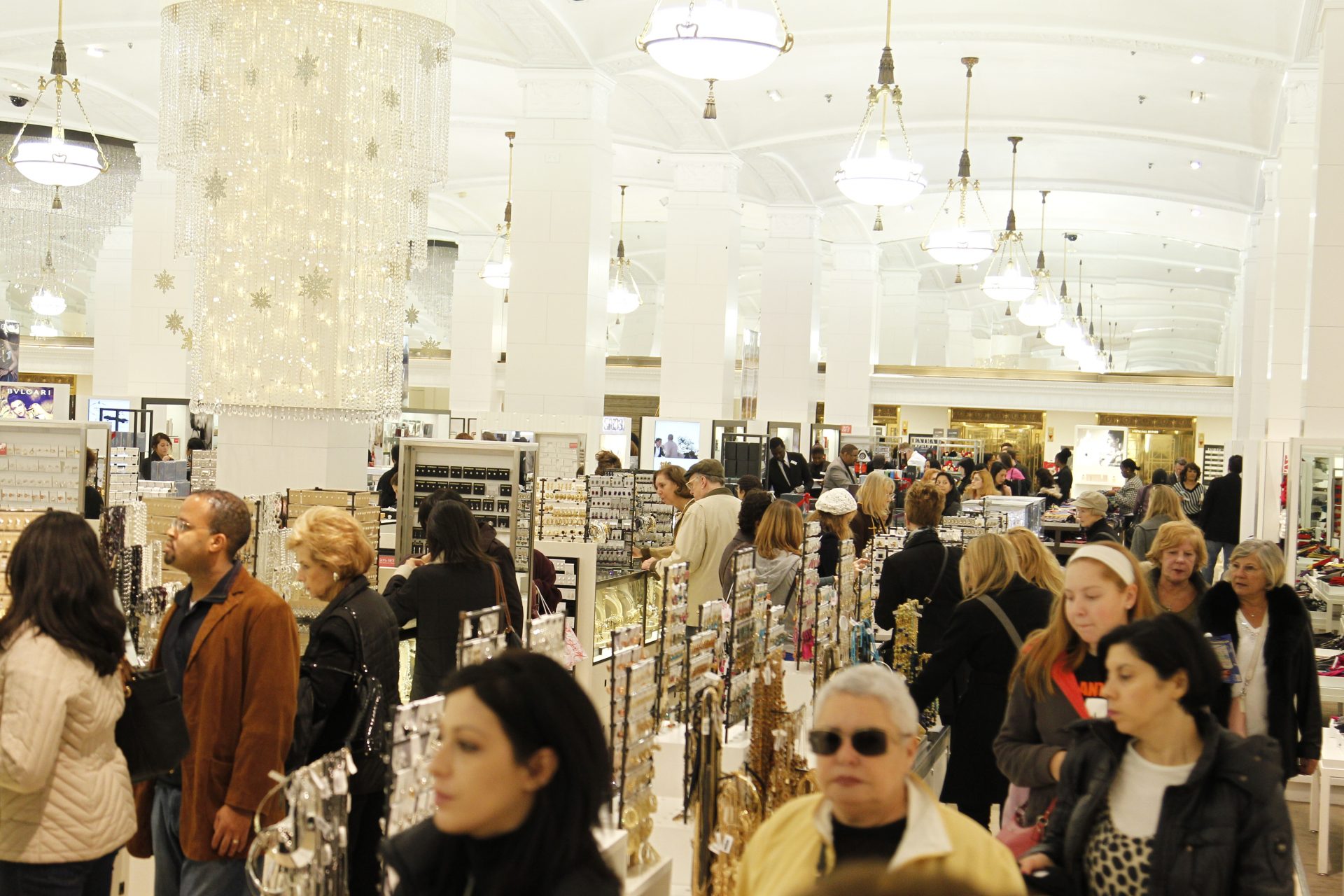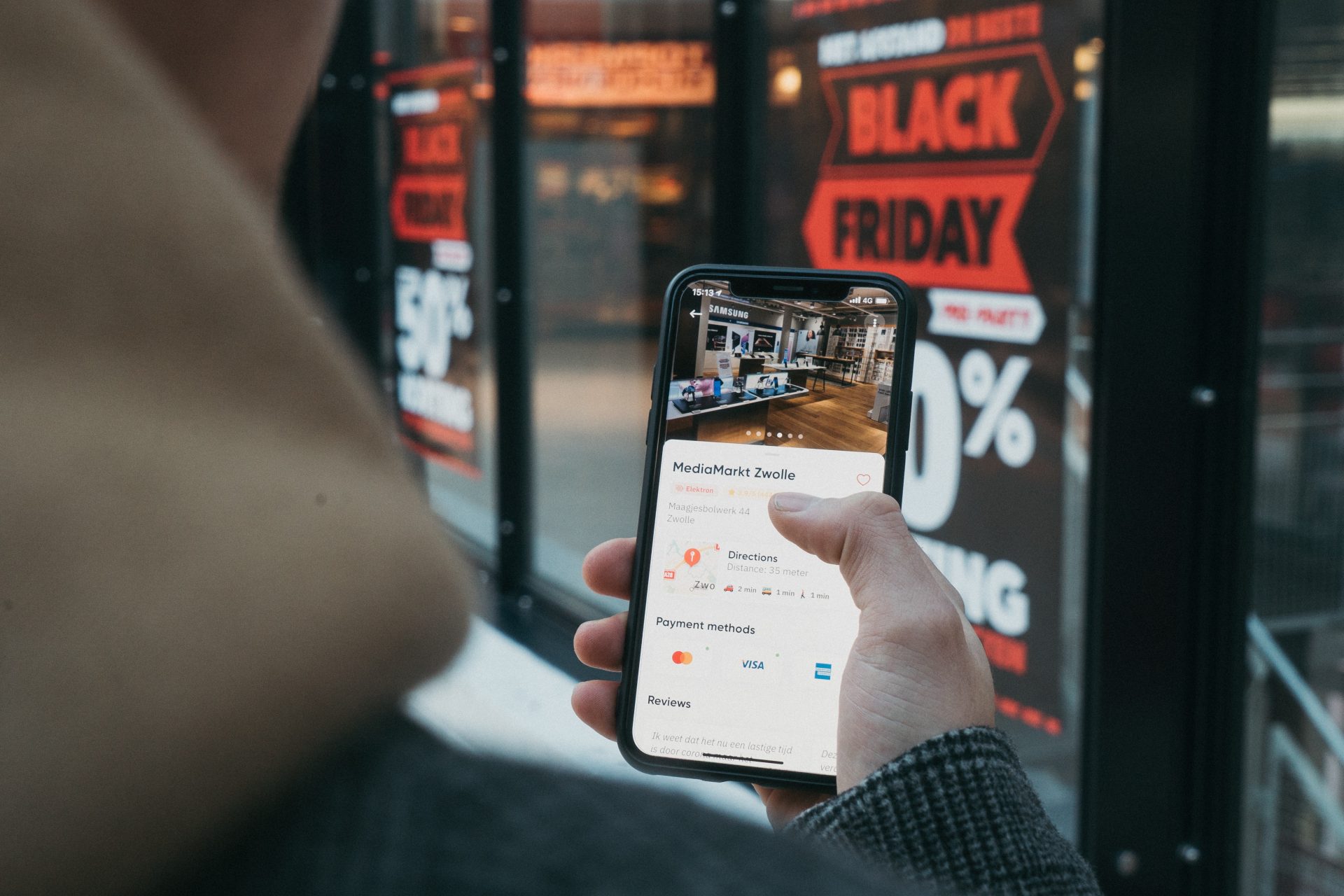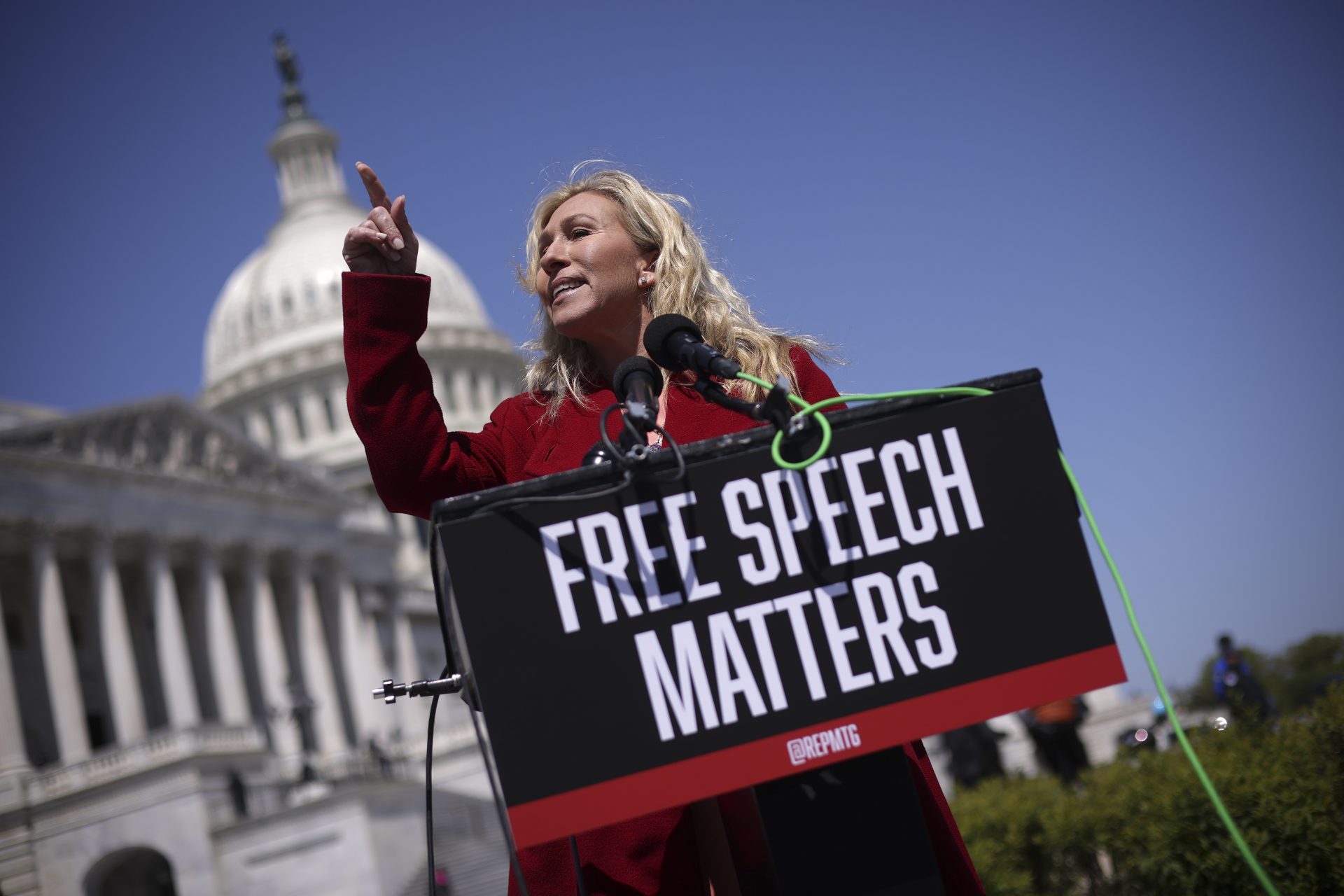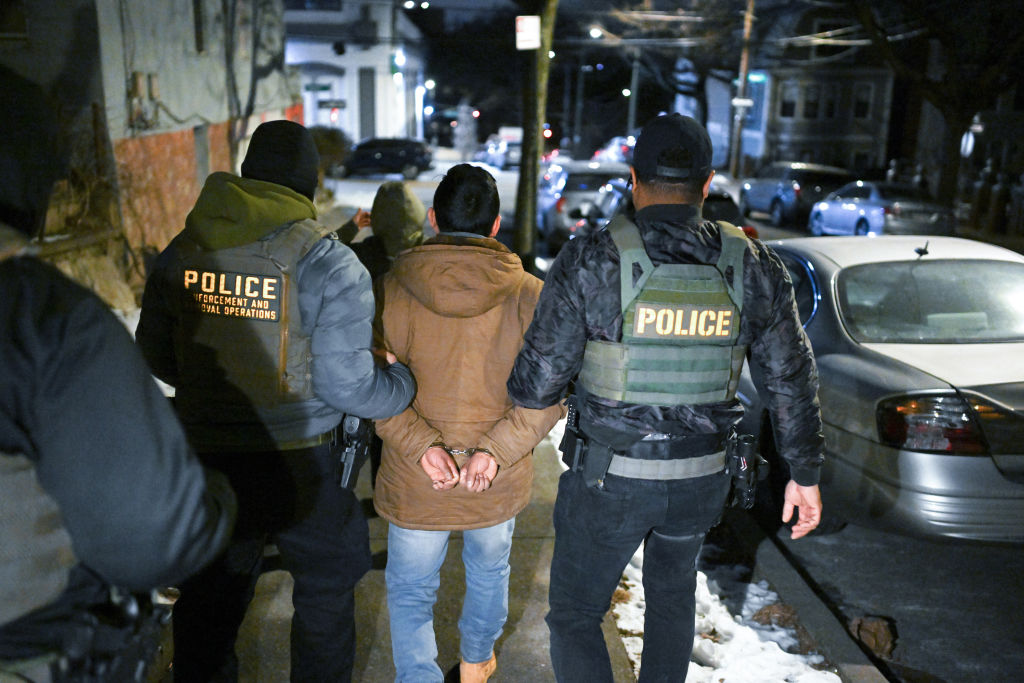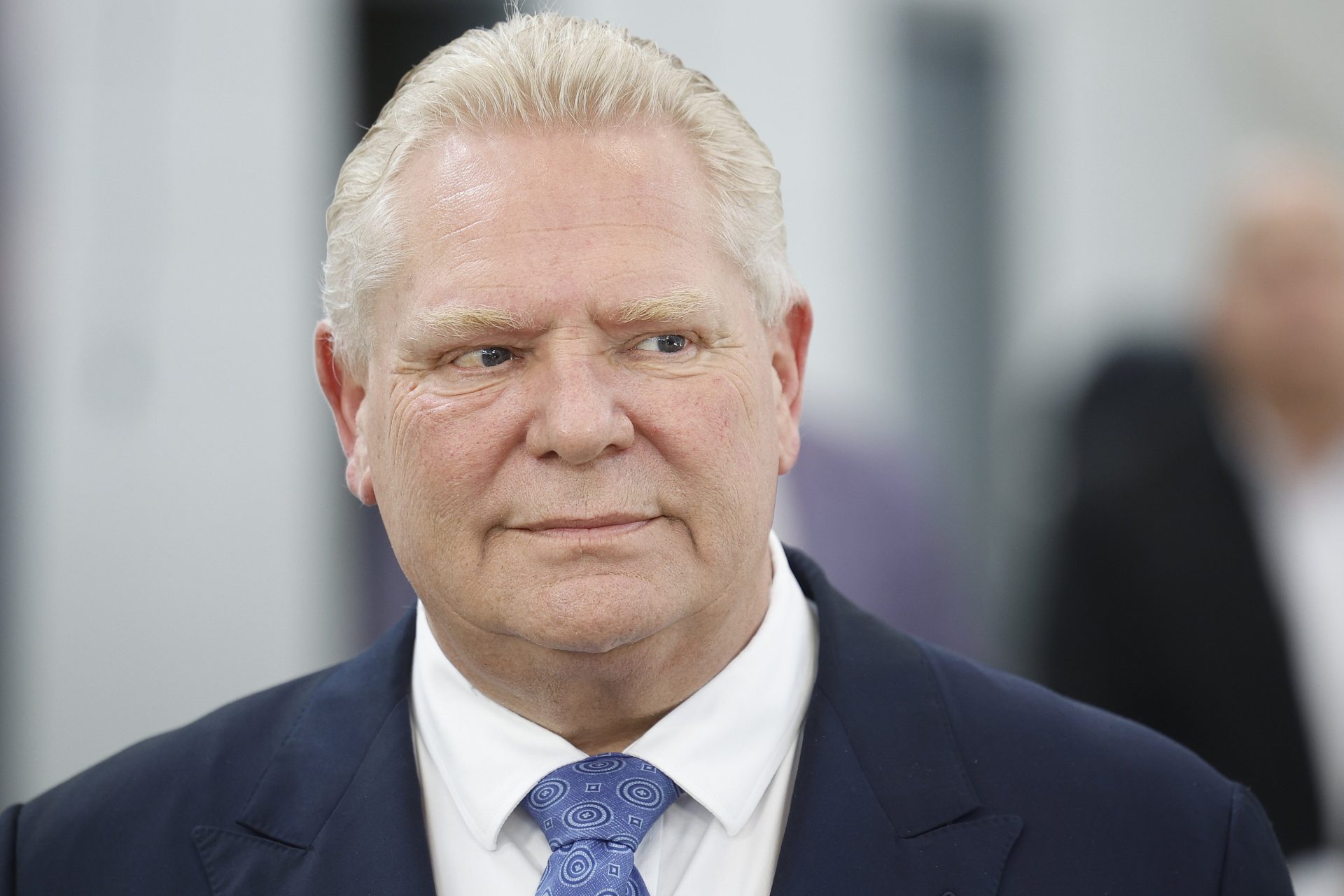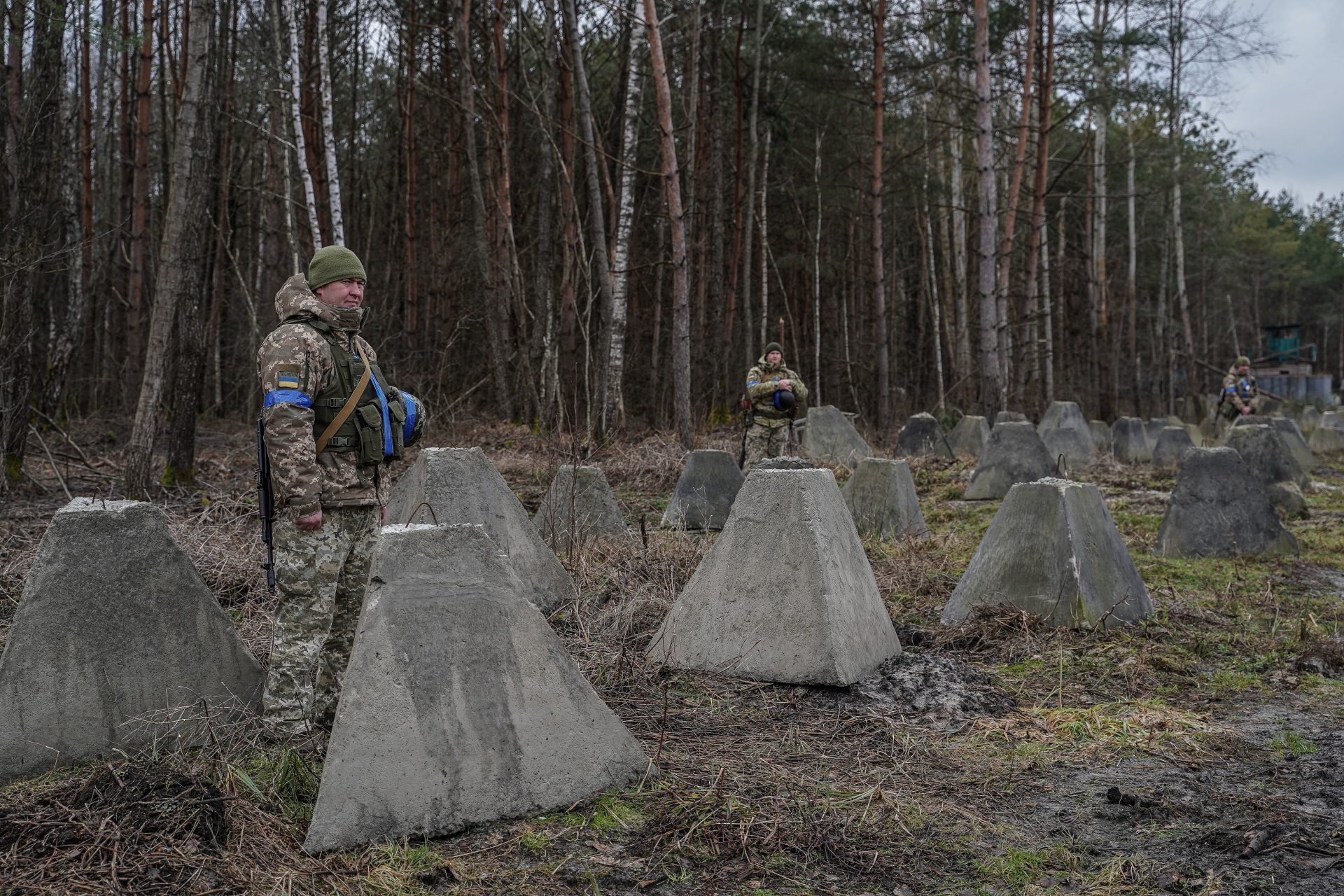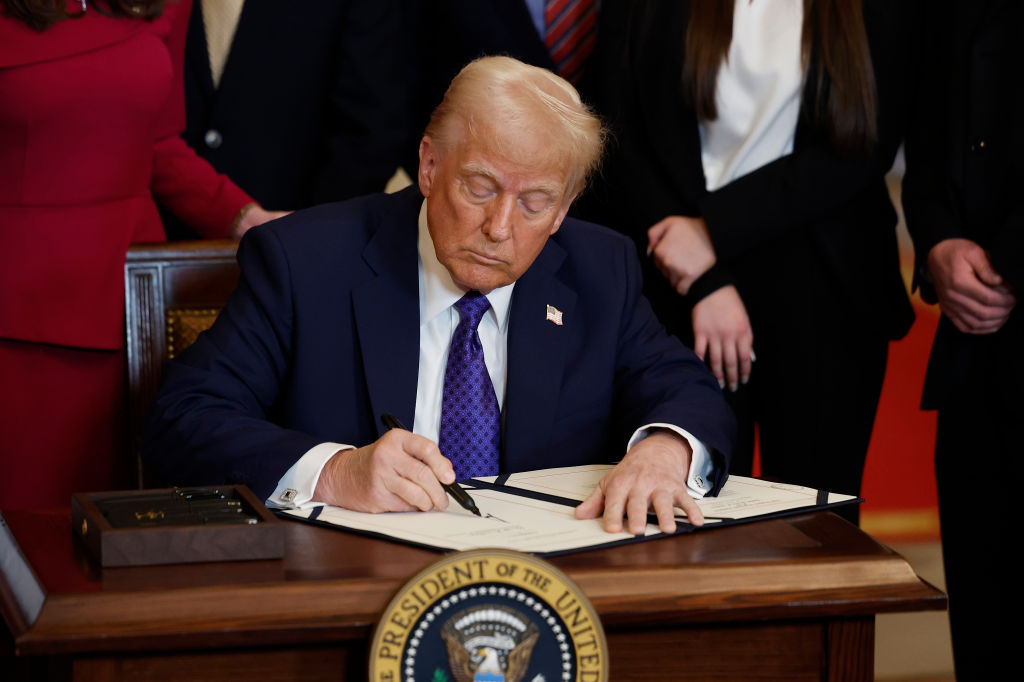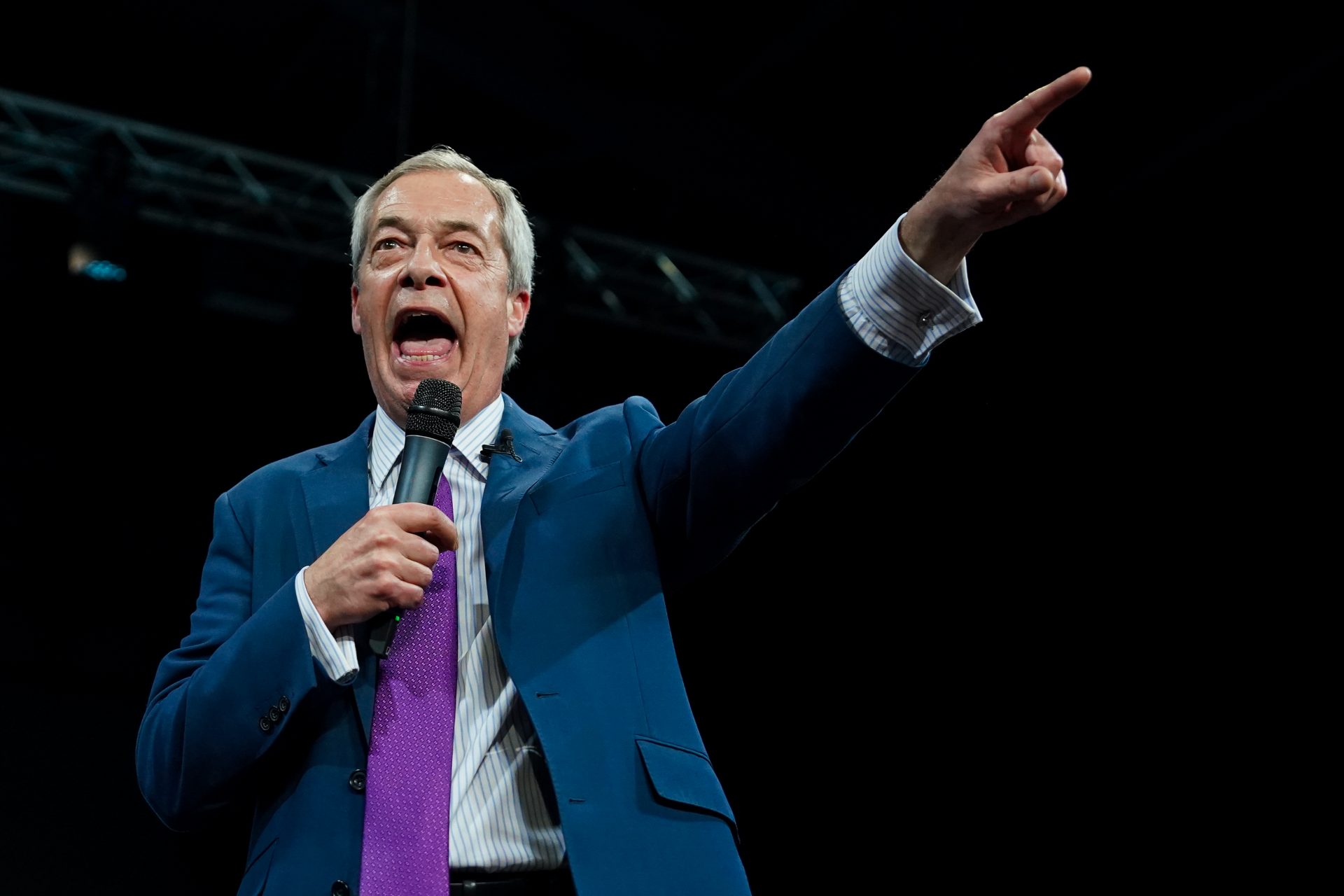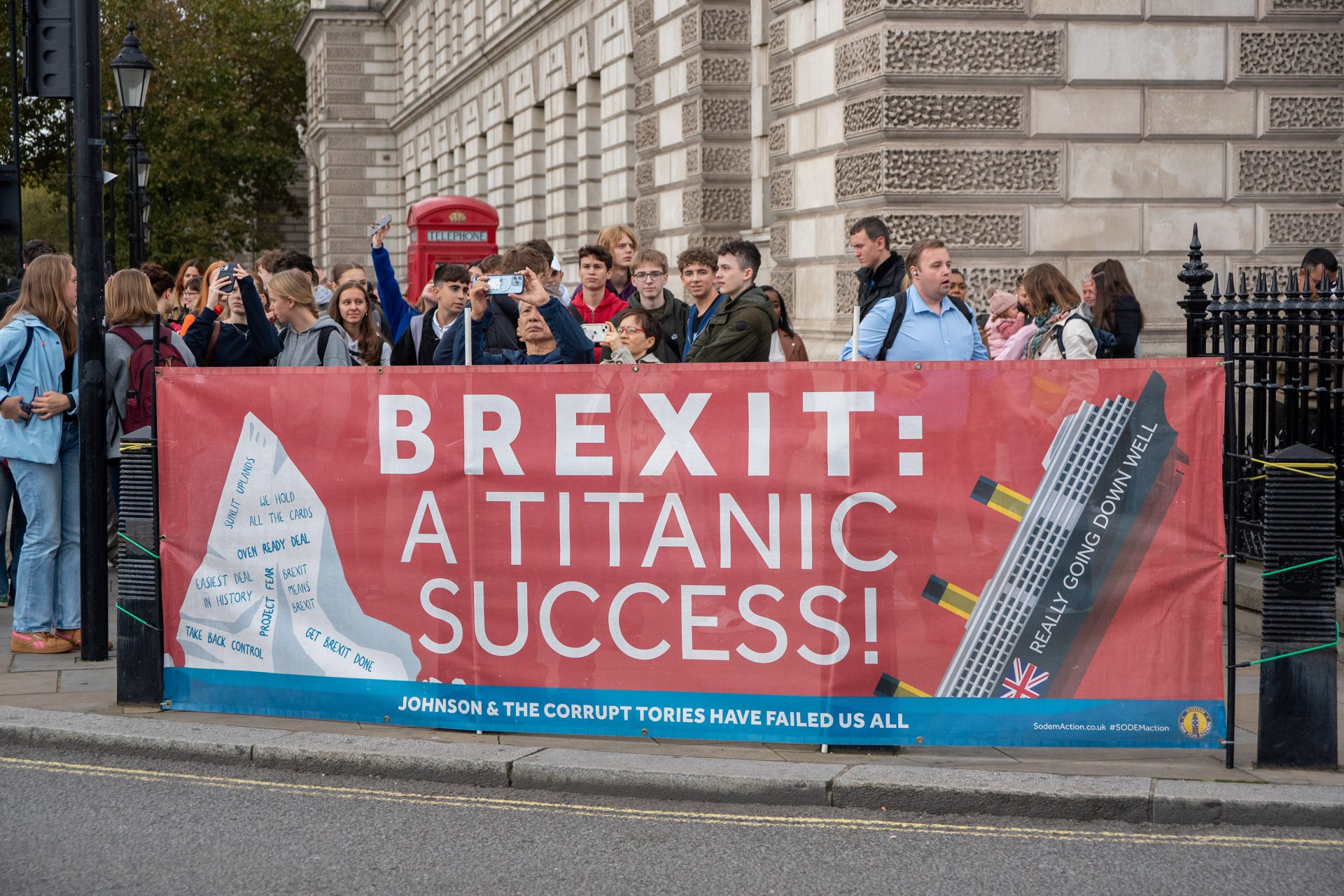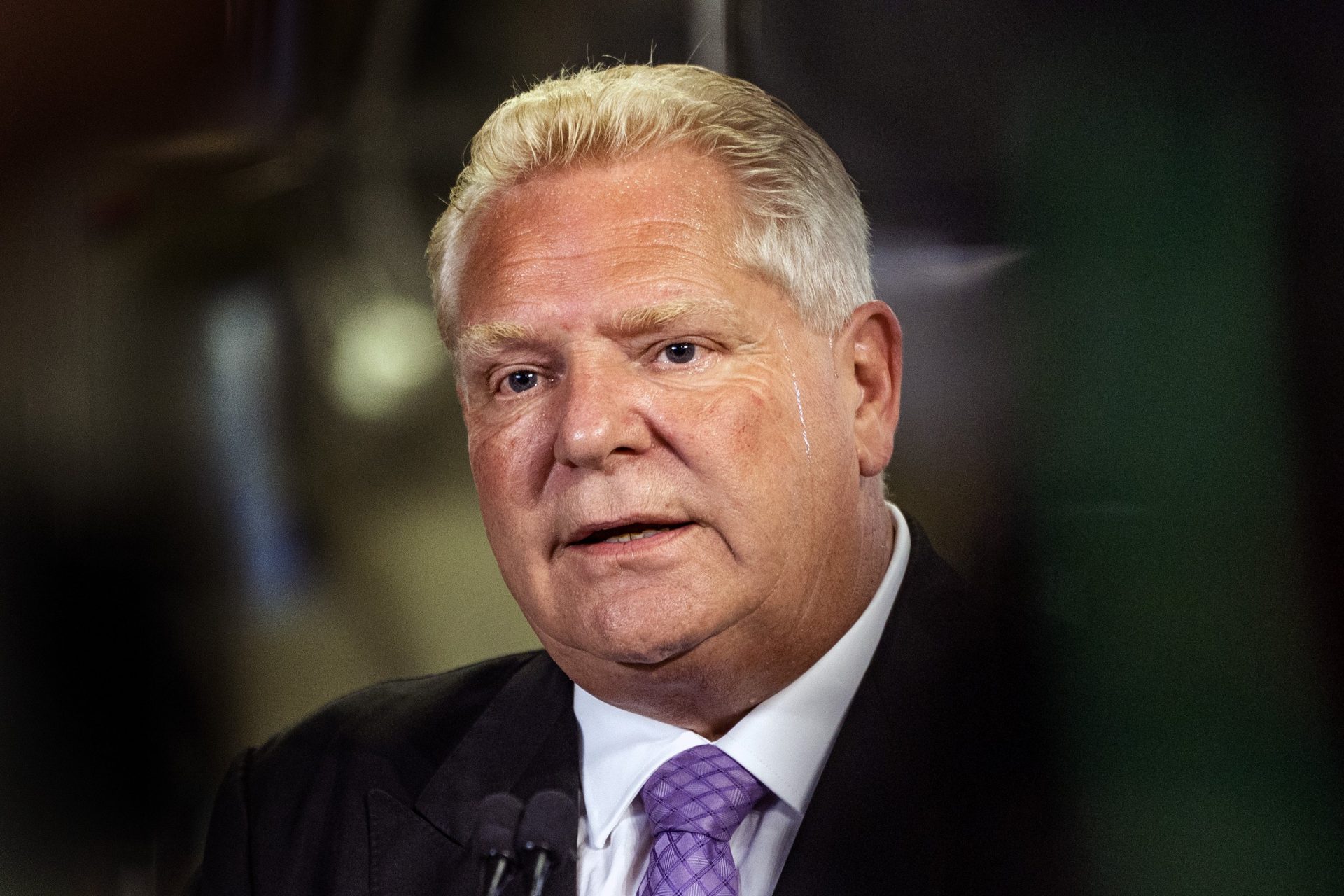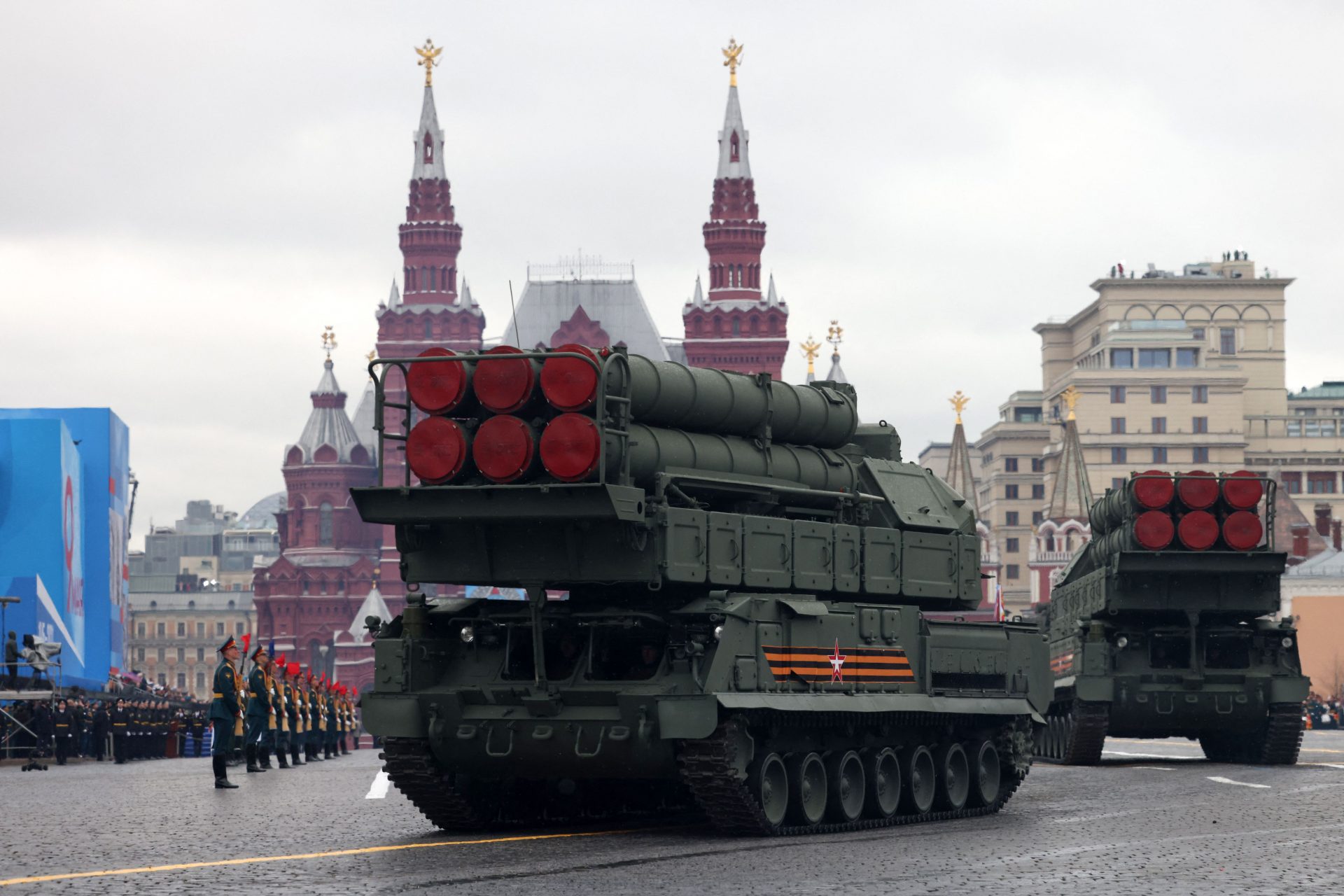Do you know the real history of Black Friday?
Black Friday is one of the biggest shopping days of the year in the United States and it’s usually marked by huge discounts. But did you know the first Black Friday had very little to do with shopping? Here’s the real history of the shopaholic's holiday.
The very first Black Friday dates all the way back to 1869 and was a term used to mark a major decline in gold prices that resulted in a big market crash according to HuffPost. The results of the crisis were felt throughout the country for years after.
Historically, slapping the word black in front of another word in the past usually denoted that something really bad had happened. For example, Black Monday is used to mark a major market crash that happened on Monday, October 19th, 1987.
Shoppers didn’t come to associate Black Friday with something positive until long after the marketing departments of the retail sector grabbed ahold of the term and twisted it into something that meant huge discounts and the occasional trampling.
Photo Credit: Wiki Commons By Powhusku from Laramie
If you’re wondering where the modern notion of Black Friday started, then you need to go back to the 1950s and 1960s when traffic police in Philadelphia began talking about the dreaded day after Thanksgiving they would label ‘Black Friday.’
David Zyla is an Emmy-award-winning stylist and costume designer who literally wrote the book on shopping called, “How to Win at Shopping,” and in it, he noted that it was in Philadelphia’s police ranks that Black Friday as we know it was born.
An excerpt from a 1966 ad archived by Indiana University and mentioned by Zyla in his book revealed that the term Black Friday was not one of endearment for Philadelphia’s police force. It marked the day the Christmas shopping season began.
“Black Friday officially opens the Christmas shopping season in center city, and it usually brings massive traffic jams and over-crowded sidewalks as the downtown stores are mobbed from opening to closing,” the ad read.
So it seems that even from the start, Black Friday was associated with throngs of eager crowds ready to jump at the chance of grabbing a great deal. But how did Black Friday end up becoming the biggest shopping day of the year nationwide?
There were several other earlier mentions of Black Friday according to HuffPost. One in 1959 regarding terrible traffic the day after Thanksgiving and another in 1951 about the “Friday-after-Thanksgiving-itis.” Each example was negative, and that had to change.
“Not surprisingly,” wrote HuffPost’s Casey Bond, "retailers didn’t love the use of the gloomy term ‘Black Friday’ to describe one of their biggest revenue days. So they put a positive spin on it.” This is how the idea of Black Friday began to change.
As early as 1961, public relations experts were trying to change the perception of Black Friday and an issue of Public Relations News from the period described an attempt to swap out the word Black for Big to make Black Friday more positive.
The term Big Friday never stuck, but the idea of a day dedicated to family shopping and fun did. But how? Well, again it comes down to the marketing efforts of retailers as they sought to create a day where the sole focus would be getting good deals.
Nancy Koehn is a historian at Harvard Business School and explained in an interview with NBC Select in 2021 that the idea of Black Friday as a holiday devoted to shopping “galloped forward” in the 1970s and 1980s due to retailer competition.
“There was no defining moment that made us call Black Friday ‘Black Friday,’” Koehn told the American news outlet. “It’s really the evolution of language and definition, retail practices, and consumers responding to that.”
Unfortunately, Black Friday as an in-person shopping holiday has dwindled since the introduction of online shopping according to Mental Floss. However, retailers found a way to expand the deals of Black Friday online in the form of Cyber Monday.
Photo by CardMapr.nl on Unsplash
More for you
Top Stories



